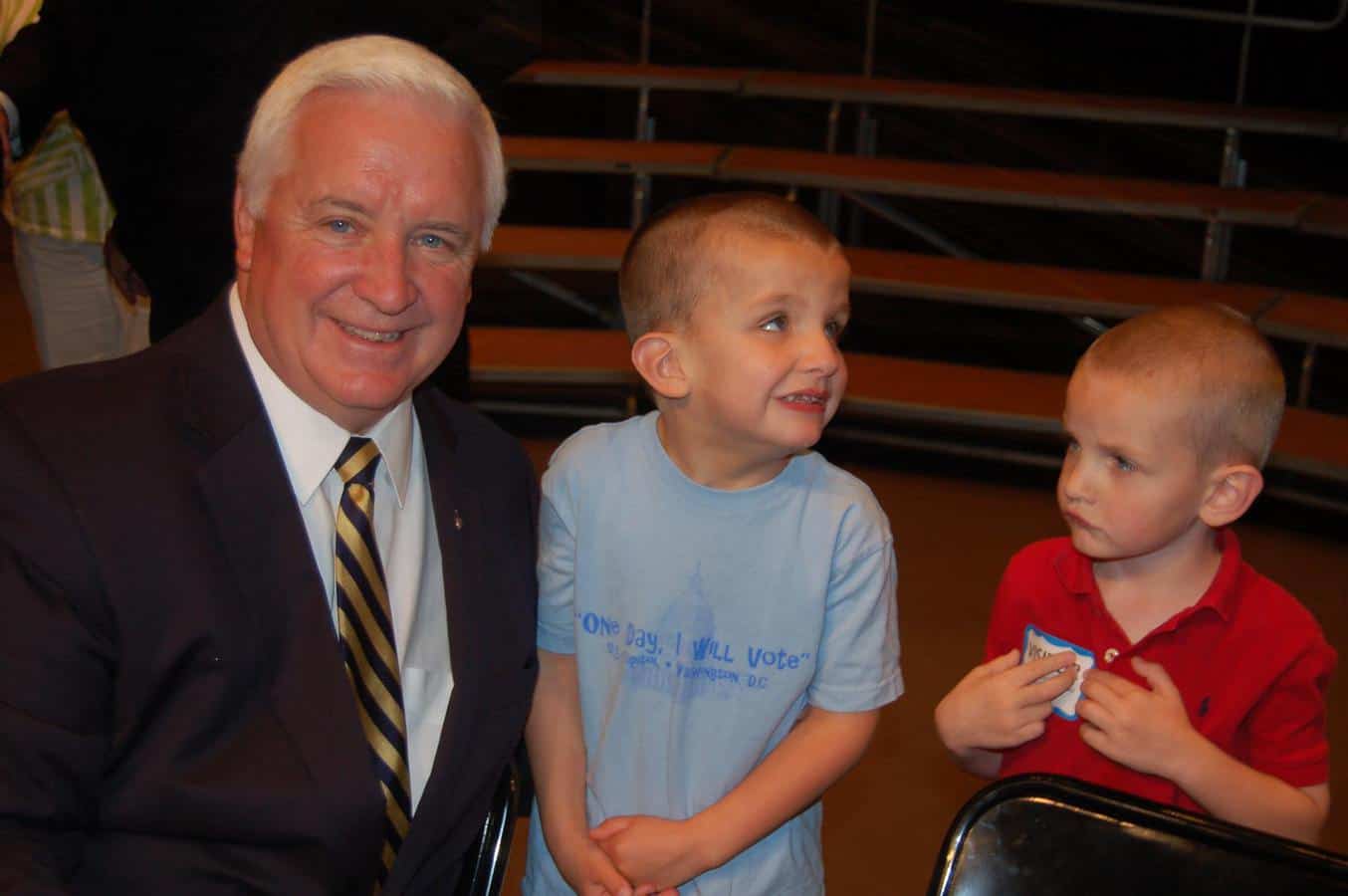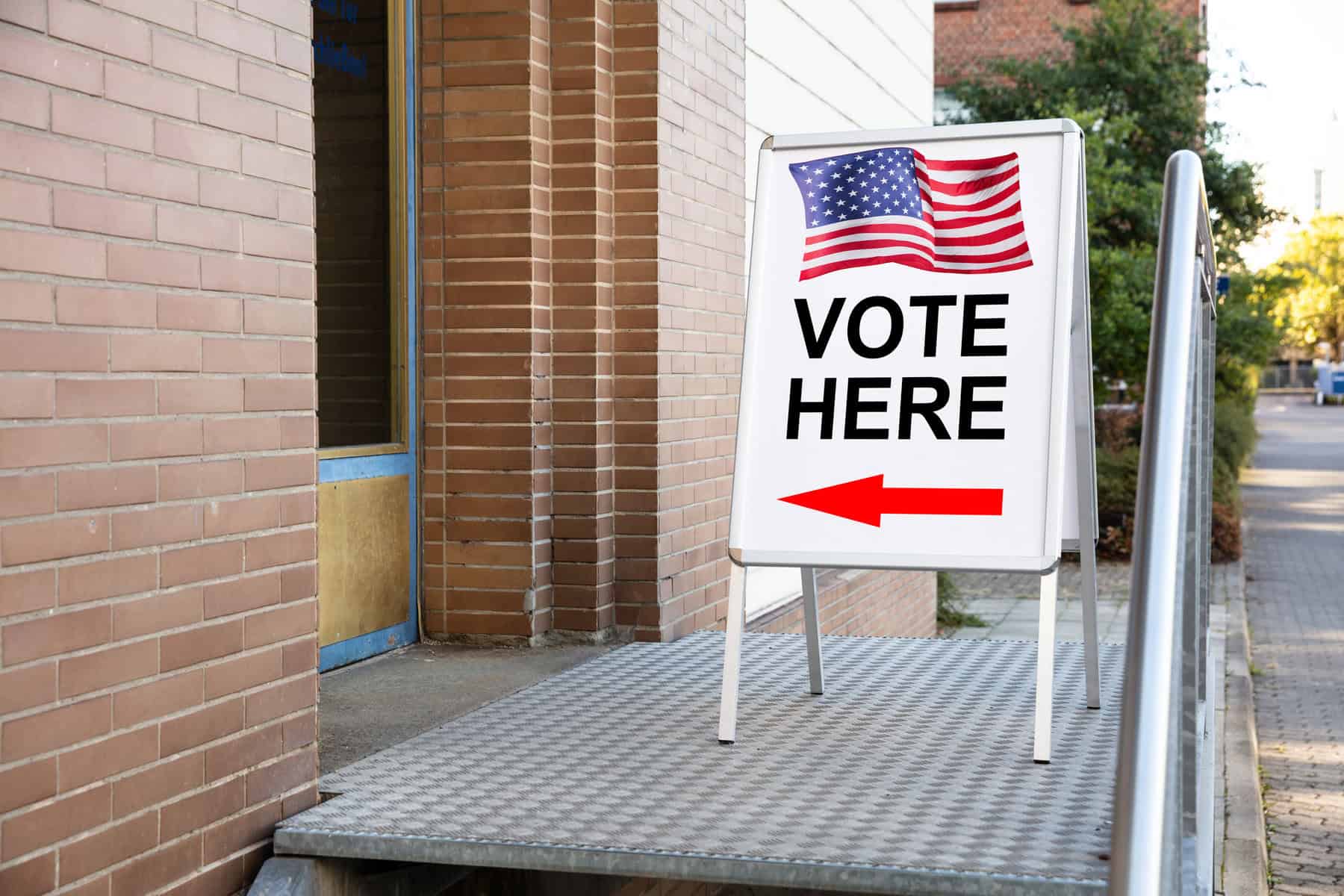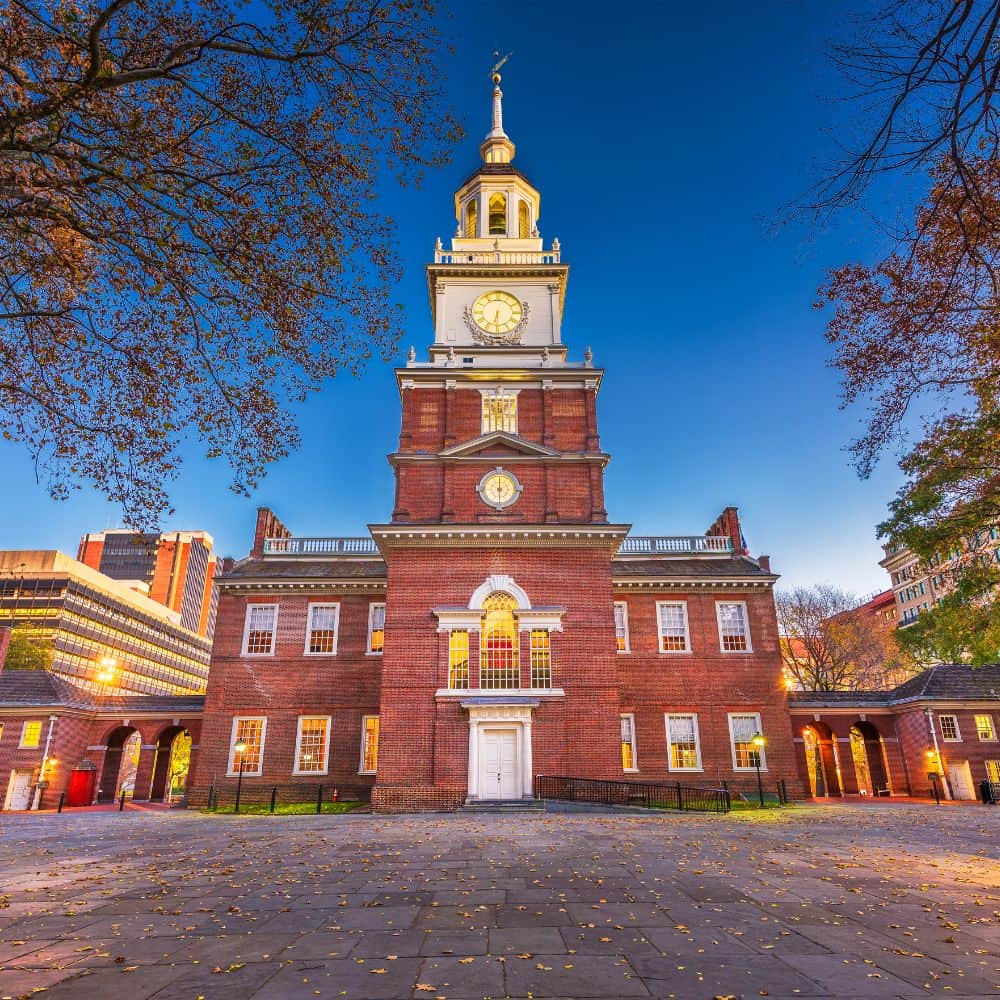20 Patriotism Activities for Students
Patriot. It’s a word that gets tossed around a lot lately. And misused a lot. Yes, here in America you can publicly disagree with your leaders and your government. But, the mere act of disagreeing does not make you a patriot.
Hate is not a part of patriotism. You can love your country without hating others. Working the elections, working the polls, campaigning, contacting my legislators…those are things that are patriotic.
Have them meet their legislator

Or two or three. You can go as far as your state’s capitol or to Washington, DC or it can be a local person. Have that person explain their job and how it works. Tour the building.
Explain our system of government at their level

One thing I’m upset about is how the main focus of schools these days is standardized tests. And those tests only have reading and math on them. Goodbye social studies, government, civics, and everything else! More and more this task will fall on parents, and those kids who don’t have parents to teach them simply won’t learn. So whether it be introducing a new concept to them or reinforcing and expanding on what they are learning at school, it’s important to talk about it. Explain how it works, what it means to vote, what it means to be a politician or legislator. There are many different activities and lesson plans that you can do for fun at home for every age group.
Take them with you to vote, every time!

I don’t think that my son has missed an election yet. So far I have taken him with me each and every time, and I’m a super voter or power voter (I vote EVERY fall and EVERY spring). It instills better habits in you and in them. Just think when, years from now, they’ll be saying, “I remember my mom and dad, every time they’d vote, they’d take me….” I have these memories from my grandmother, she rarely missed an election. And of course, explain that not every country gets to vote.
Free Printable Presidents Worksheets for Kids: Learn the Lives and Legacies of American Presidents
Have them talk to a soldier who has been in battle

This can be a relative, a holiday visit to thank veterans at a nursing home, or call your local VFW or American Legion and ask. Soldiers are often unappreciated, many would love a visit from a kid to talk about what freedom means and what it meant to them to fight for this country. We also have a whole generation of people who have fought for civil rights for minorities, LGBT, disabilities, and more. Have them talk about their struggles and what they are doing to try to create change. Why doesn’t America feel “free” for them?
Free Printable Presidents Worksheets for Kids: Learn the Lives and Legacies of American Presidents
Organize a thank you project or have them volunteer

For Veterans’ Day or Memorial Day, organize a big thank you. Have a group of kids make cards, put flags on graves, hand out flags at parades, visit aging vets at the VA, or a nursing home. The possibilities are endless. Be creative!
Free 50 States Trace It, Write It, and Color It Pages (Printable PDF)
Explain a democratic loss to them

Whether it’s an election and someone you wanted did not win, or a Supreme Court decision you did not agree with, own it, explain it and learn from it. Help kids learn that this is the way our system works, even if we don’t always get our desired outcome. And, what are some appropriate ways to cope with loss? (Hint: It’s not assaulting police officers at the capitol)
Have a debate

This is probably best for older kids, but have a democratic debate in your home. Pick a household issue and list all the pros and cons. Talk about how you can disagree with someone’s decision (NO! you are NOT getting a kitten!) but that doesn’t mean that you dislike the person. You are just unhappy with the decision.
Visit historic places

I’m sitting here about 30 miles away from Independence Hall, so that’s easy for me to say. But, history is everywhere! There are many places, off the beaten path in every state that are a part of our nation’s history and the path to democracy. Kids love learning, you might be surprised. I’ve taken my boys to some places that I thought for sure would bore them, and they had a great time and still talk about those adventures and outings. And, if you see a rally or public event being held, consider going. There was just an education rally at our State Capitol last week and in July we have a Disabilities Rights rally to go to. Go and explain “the freedom to assemble.” Visit Sensory Friendly Philadelphia
Celebrate or discuss every holiday

Take it beyond July 4 and Memorial Day. Veterans’ Day, Flag Day, D-Day, Pearl Harbor Day, 9/11-we have many other important days throughout the year to talk about patriotism and why that date is significant to Americans.
Where to see Fireworks in Philly and Chester County
Read!

There are so many children’s books about this for every age group. We have several about Philadelphia, DC, the Presidents, and much more.
How to Choose Books for Preschoolers
Learn National Symbols

Teach children about the national flag, anthem, and other symbols. Explain the meanings behind these symbols and the proper etiquette for handling and respecting the national flag.
Participate in Community Service

Engaging in community service projects can instill a sense of civic duty and pride in helping one’s community. Activities can include cleaning up local parks, participating in charity events, or helping at local shelters. 50 States Worksheets: Free Fill-In-The-Blank PDF
Watch Patriotic Movies

Films that portray important historical events or national heroes can be both educational and inspiring. Choose films that are appropriate for their age and discuss the themes and lessons afterward. See the list: 27 Family Movies about Gratitude and Thankfulness
Create Art Projects

Encourage children to express their patriotism through art. This could include drawing national symbols, crafting flags, or creating posters for national holidays.
Read it: How to Make Patriotic Sensory Bins
Sing Patriotic Songs

Teach children patriotic songs and discuss their meanings. This can be a fun way to learn about the nation’s cultural and historical context.
Attend Civic Meetings

Older children can attend local civic meetings or school board meetings to understand how local government works and the importance of participation in governance.
Write Letters to Service Members

Writing letters or making care packages for military service members can teach children about sacrifice and service to the country.
Get it: Veterans Day Writing Prompts (free PDFs)
Volunteer to Put Flags on Graves

You know how on Memorial Day, many cemeteries have flags on the graves? You know how they get there? Volunteers put them there.
Coloring Pages and Worksheets

There are so many options for coloring pages and worksheets, which can be a low key way to talk about issues and history. Free 4th of July Coloring Pages
Go to the Supreme Court

Did you know that you can go hear oral arguments for a Supreme Court hearing? You just go check the website and show up early that morning. You have to check their calendar for dates and instructions, but that is just another great learning opportunity about our country.
I hope this helps get you started. Depending on where you live, you may have more options available too. Patriotic Activities for Kids


